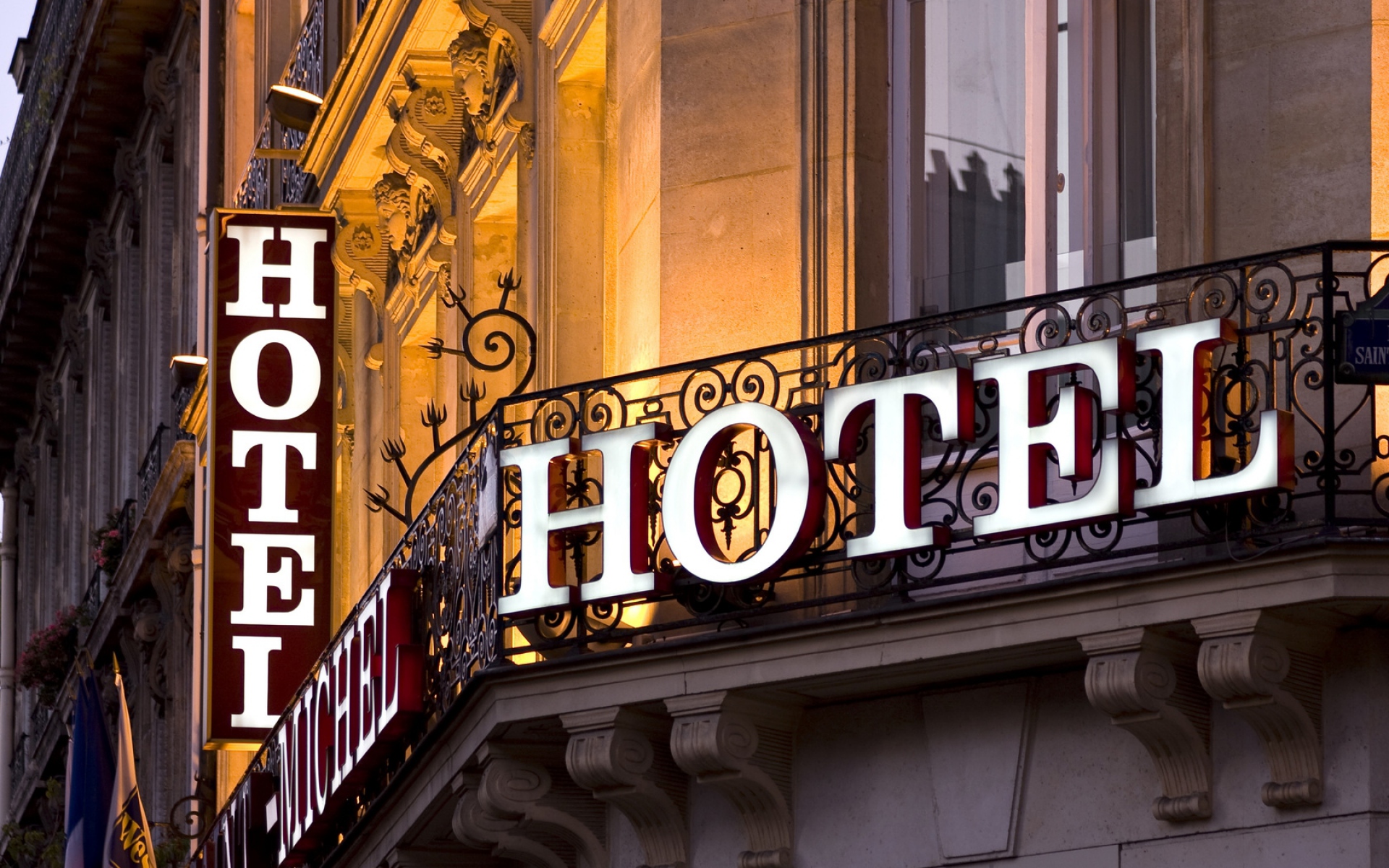
As the hospitality industry begins to recover from the devastating effects of the past two years, many hotels are seeking ways to boost cash flow and stabilize their bottom lines in order to make up for the financial losses they have suffered. While travel trends look promising for the remainder of the year—according to JLL Hotels and Hospitality’s Hotel Investment Outlook, the industry saw a 131 percent increase in transaction volume worldwide in 2021 compared to 2020, and these numbers were expected to continue rising throughout 2022—hotels of all sizes are still finding themselves in desperate need of liquid capital. For these hotels, sale-leasebacks may offer a multi-beneficial alternative to traditional methods of financing.
Sale-leasebacks may be a particularly appealing option in the current economic climate. With recent interest rate hikes and numerous more to follow, the 10-year U.S. Treasury now has rates 100-125 basis points higher. Therefore, buyers are facing a much higher cost of capital. Term sheets from debt or refinancing lenders may not look so attractive anymore, as the days of “money in the 4’s” are over. Hotel sale-leasebacks are a great way to consider another financing option for your acquisitions, or getting maximum cash-out for recaps/refi’s.
If you are wondering how sale-leasebacks work or whether they may be right for your hotel, the following FAQs should provide an overview.
What is a sale-leaseback?
A sale-leaseback is a unique arrangement in which a business sells a high-cost fixed asset, such as its building and land, and then leases the asset back from the buyer. As a result, the seller effectively becomes a tenant to the buyer-landlord, making monthly lease payments for the agreed-upon duration of the lease while continuing to operate the business as usual. While sale-leasebacks have been common in the hospitality industries of Europe and Australia for over a century, they have been steadily gaining ground in the U.S. due to the many benefits they offer both buyers and sellers alike.
How is the lease structured in a sale-leaseback?
Sale-leasebacks generally use a triple net lease, in which the seller-tenant pays the property insurance and taxes, maintenance costs, and other expenses. The lease often contains options for renewal or repurchase, and the parties may expand or extend it as needed. In the case of hotels, these leases tend to have a long duration, ranging from 15 to 40 years.
What are the benefits of sale-leasebacks for hotels?
Compared to traditional methods of financing, such as preferred equity and debt recapitalization, sale-leasebacks offer several benefits for hotels, with few—if any—drawbacks. For instance, here are some of the most compelling reasons for hotel owners to consider entering a sale-leaseback:
- Ready access to liquid capital. One of the principal advantages of sale-leasebacks is that they allow hotels to convert dormant equity in their properties into liquid capital, enabling them to meet both short- and long-term needs. Upon selling the property, the hotel receives the full proceeds upfront—often 100 percent of fair market value, which is a significant amount compared to traditional financing methods. This large, interest-free infusion of cash may allow hotels to pay off debt and/or partners, purchase new equipment, or invest in new acquisitions or other lucrative business ventures, thereby supporting future growth and expansion.
- You keep the cash flow and management fees after lease payment and FFE Reserve escrow
- The ability to retain full control over hotel operations. Sometimes thought of as a way to “sell your business while keeping your business,” another key advantage of sale-leasebacks is that they allow the seller-tenant to continue running the business as before. This may include the rights to manage cash flow, maintain a brand flag, oversee existing franchise agreements, and retain control over other managerial functions. At the same time, sale-leasebacks help seller-tenant hotels free up resources by alleviating some of the many issues related to owning property assets.
- Greater flexibility than offered by traditional financing methods. As mentioned above, parties to a sale-leaseback may customize the leases with options for repurchase, renewal, expansion, or extension depending on their needs and circumstances. Seller-tenants also have greater flexibility in terms of how and when they spend the funds received from the sale.
- Relatively quick due diligence and closing periods, allowing hotels to obtain the capital they need with minimal hassle.
- Avoidance of hidden costs. Traditional financing methods often carry costs that can become unexpectedly high, such as those related to call provisions, balloon payments, or appraisal fees. With sale-leasebacks, the parties can agree on clear lease terms before they enter the agreement, thereby avoiding the likelihood of the seller-tenant becoming subjected to “hidden” costs or fees.
- Avoidance of the risks associated with owning property. Sale-leasebacks allow hotels to free themselves of some of the risks and burdens of property ownership, such as those related to market volatility, while permitting them to continue operating on their properties without interruption.
- Improved balance sheet health and credit standing. In a sale-leaseback, the seller-tenant replaces a fixed asset (the hotel property) with a current asset (the cash proceeds from the sale), while the rent payments are typically not counted as a liability. As a result, there is an increase in the ratio of the seller’s current assets to current liabilities—which may improve the ability to borrow additional funds in the future.
- The ability to take out construction loans.
- The ability to take out mortgages coming to term.
- Take out preferred partners of the original investment and have primary carry-forward interest and ownership of the business.
- Sale-leasebacks can serve as a possible source of Discounted Pay-Off (DPO) financing.
- You can buy-back the property between years 3-7.
What are the benefits for investors?
In addition to the many benefits of sale-leasebacks for hotel owners, this type of arrangement is also advantageous for investors who become the buyer-landlords. They can enjoy a steady stream of income for the duration of the lease, while keeping the hotel’s experienced management team in place—which increases the likelihood of ongoing profitability.
Another key benefit is that sale-leasebacks offer some degree of protection against market volatility: since the seller-tenant’s rental payments are agreed upon based on the property’s fair market value at the time of the sale, the buyer-landlord will be contractually protected from declining rental values.
How are sale-leasebacks treated from a tax perspective?
Another benefit of sale-leasebacks for both parties is their tax treatment. Seller-tenants may generally deduct their lease payments—which offers an advantage over traditional forms of financing that are often subject to interest deductibility limitations.
For buyer-landlords, tax benefits may include depreciation deductions and potential investment tax credits. However, as with any other major transaction, it is crucial for both parties to work with their tax advisors in order to maximize potential tax advantages while avoiding any risks.
What are the disadvantages of a sale-leaseback?
When structured properly, sale-leasebacks are generally considered a win-win situation for the parties involved. However, there are a few potential pitfalls to be aware of:
- For buyer-landlords, there is always the risk that the business will not perform as well as it did before the sale-leaseback. However, this risk is mitigated due to the continuity in management.
- Since seller-tenants lose their ownership interest in the property, they will not be able to benefit from any appreciation in value. However, this is typically offset by the other financial benefits.
- In the event that rental rates in the market decline, the seller-tenant may end up being contractually bound to pay above-market rental prices.
With numerous advantages and few, if any, downsides, sale-leasebacks offer an appealing option for hotel owners and investors alike. However, the key to a successful transaction is to work with an experienced advisor. At ZEL Capital Partners, we offer the only true hotel sale-leaseback platform in the U.S. With over 40 years of combined experience, we have guided investors and hotels—ranging from boutique properties to those within leading national brands—through each step of the sale-leaseback process. If you’d like to learn more about this innovative arrangement, contact us today to schedule a complimentary evaluation.
Contact Us to discuss your options for financing your specific needs.
Are you a business owner looking to unlock dormant equity in your real estate assets, or an investor seeking a low-risk, steady income stream?
We are here to speak!
jeffcohen@zelcapitalpartners.com (480) 355-4392
